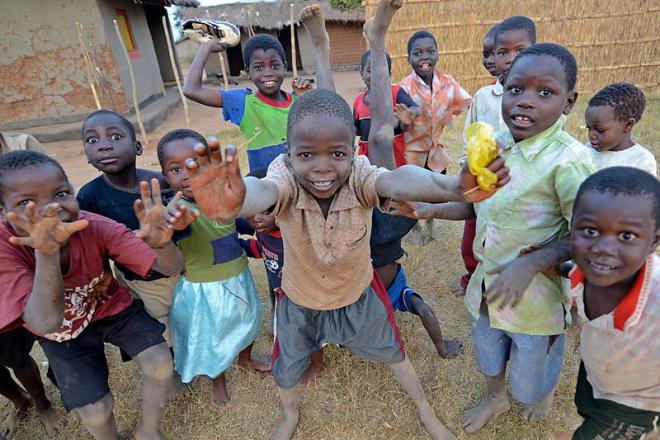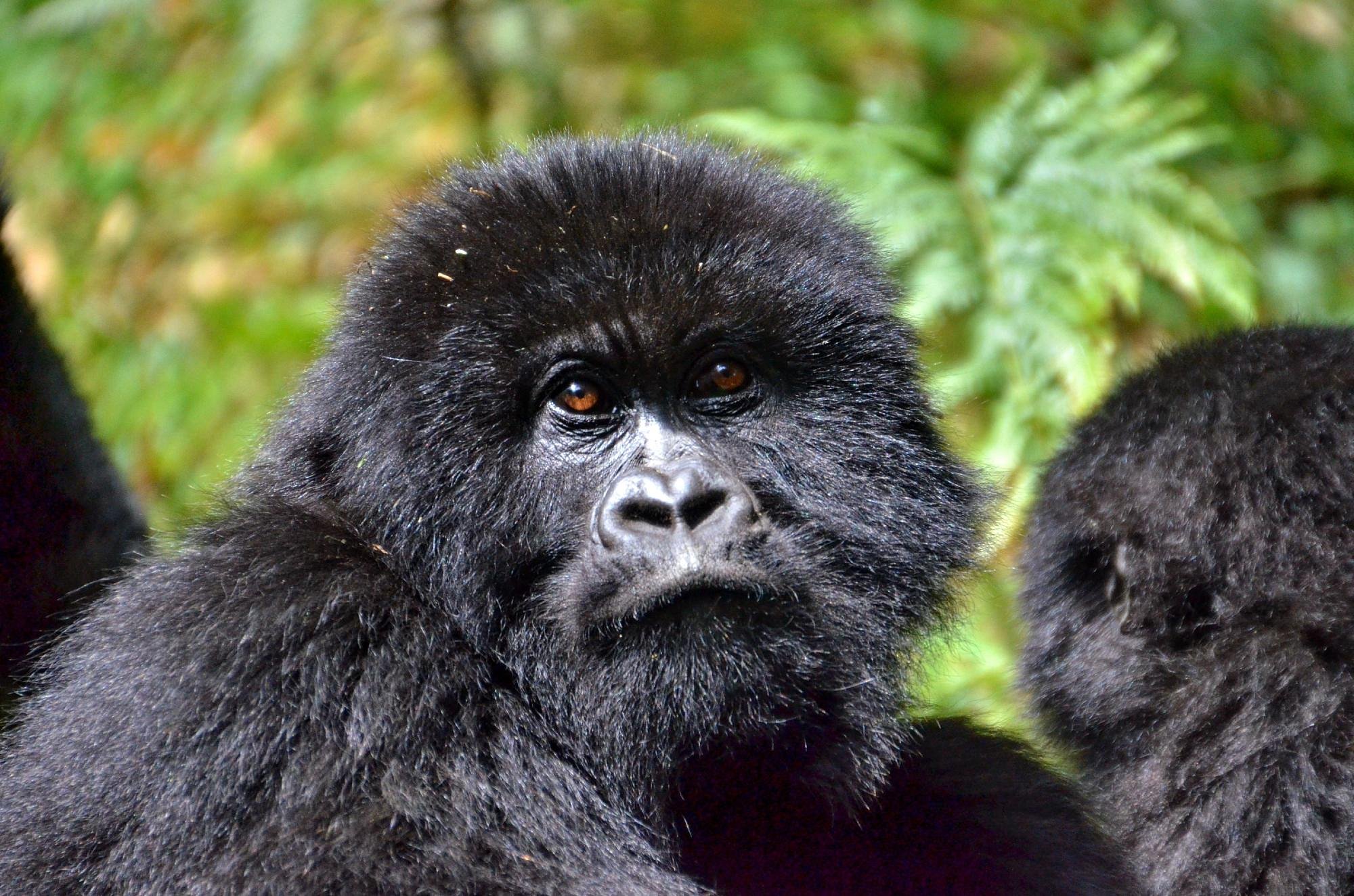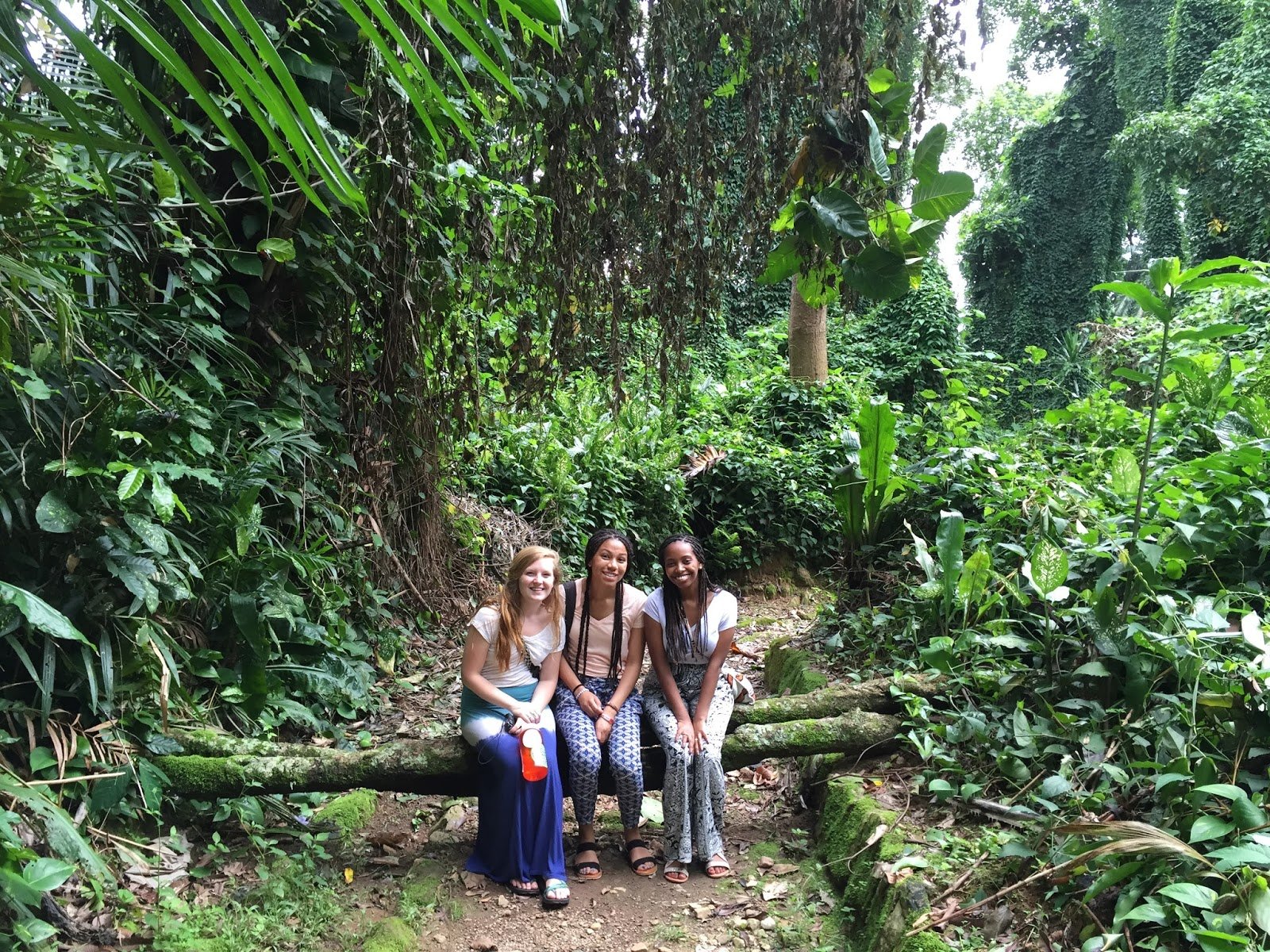
How Tourism Contributes to Poverty Eradication in Uganda
Found in East Africa, Uganda is a landlocked country bordered by five other countries. This country has a population of over 30 million people and according to the recently concluded survey; it is one of the rapidly growing countries in terms of population. However, the problem of poverty among the largest portion of its citizens has continuously persisted and an average Ugandan is said to be worth $100 and below. This means that most people are living below the minimum standards and their lives are not pleasing. It is this reason that some locals fail to get the basic necessities required for their survival.
However, tourism for the last five years has drastically improved the lives of Ugandans especially the local people who dwell in this pearl of Africa. Due to the increased number of visitors to Uganda, the country has been able to generate revenue which is used to improve the lives of the people. Tourism currently contributes about 30% of the country’s national budget meaning that it plays a very important role in generating the country’s revenue. When this revenue is received, the government channels it to the various ministries which use it for development and also helping the people financially.
But let’s ask ourselves; How does the money paid by a tourist improve the lives of the local people? This is a good question and actually most tourists wonder how this happens especially when they practically give their money to the tour operators and not the local people. The cycle is simple; when a tourist chooses a tour operator to use, he or she will proceed to make payments for the safari. This money is paid to the tour operator through the bank or credit cards. When the bank receives the money, it charges a transaction fee and also charges the operator when withdrawing the money. The bank pays tax to the government which is then used to improve the lives of the people for example through buying drugs and construction of roads. When the tour operator receives the money, he then starts to prepare the safari and in doing this, he or she incurs some costs like booking the accommodations for the clients. When this is done, the lodge where he/she booked with will receive the money and withhold some tax remitted to the government. When tourists come to Uganda, they pay for the visas and this money is to the government, when they go to the parks for their respective activities, they pay park entrance fee and this is collected by the government. Not forgetting that the tour operator also pays tax to the government which increases the revenue collected. The cycle continues and from the above, you can notice that all points involve remitting taxes to the government. In the whole event, the government gets money from every single safari to Uganda which is then calculated and included in the national budget. The government then uses the money received from tourism to develop the various infrastructures in the country like roads, hospitals schools, and many more. It also gives some money to organized groups which fight poverty in the country.
Not forgetting that the various lodges where clients sleep employ very many Ugandans and this helps them to earn some money which improves their standards of living. Even the many tour companies established in this country give jobs to the local people. All this is possible because of tourism and the fact that different foreigners visit the country and bring in money which has greatly improved the lives of the local people.



